China's central bank injected funds into the market for a fifth consecutive trading day on Thursday to maintain liquidity.
The People's Bank of China (PBOC) conducted 100 billion yuan (about 14.4 billion U.S. dollars) of seven-day reverse repos at an interest rate of 2.55 percent, unchanged from the previous operations.
The move, together with the routine return of excessive required reserves to some banks, can offset the impact of factors including tax payments and government bond issuance, keeping liquidity in the banking system at a reasonable and ample level, according to a PBOC statement.
A reverse repo is a process by which the central bank bids and buys securities from commercial banks with an agreement to sell them back in the future.
Chinese authorities have pledged to continue a prudent and neutral monetary policy and properly deal with the relationship between stabilizing growth, deleveraging and strengthening regulatory control.
The People's Bank of China (PBOC) conducted 100 billion yuan (about 14.4 billion U.S. dollars) of seven-day reverse repos at an interest rate of 2.55 percent, unchanged from the previous operations.
The move, together with the routine return of excessive required reserves to some banks, can offset the impact of factors including tax payments and government bond issuance, keeping liquidity in the banking system at a reasonable and ample level, according to a PBOC statement.
A reverse repo is a process by which the central bank bids and buys securities from commercial banks with an agreement to sell them back in the future.
Chinese authorities have pledged to continue a prudent and neutral monetary policy and properly deal with the relationship between stabilizing growth, deleveraging and strengthening regulatory control.
















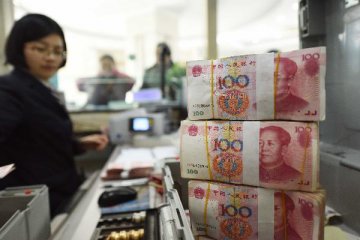
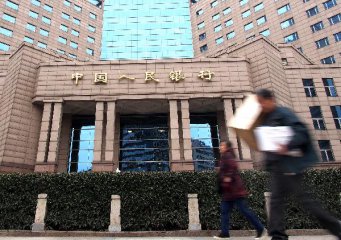

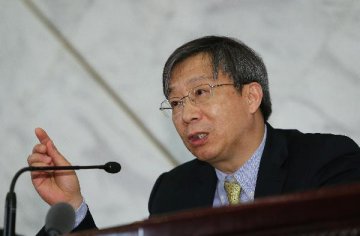
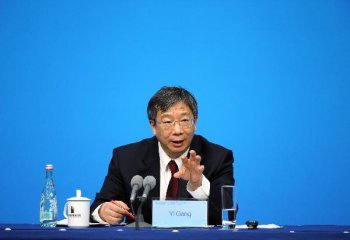
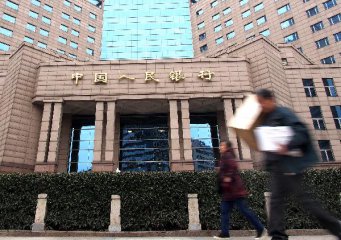


Latest comments